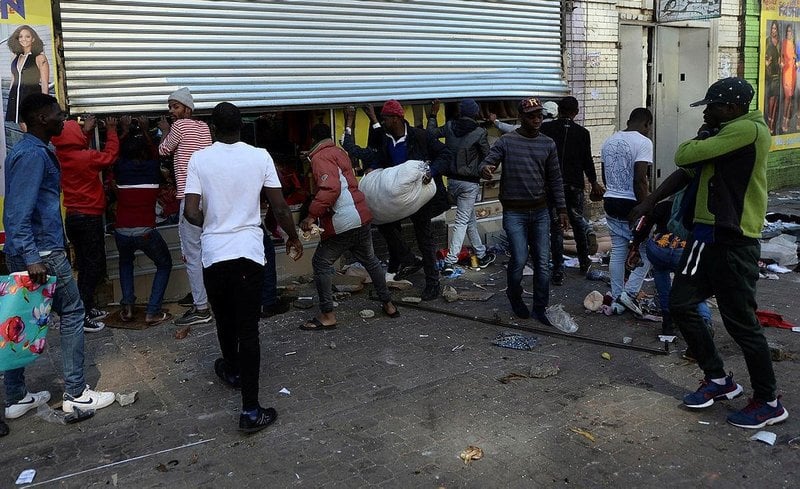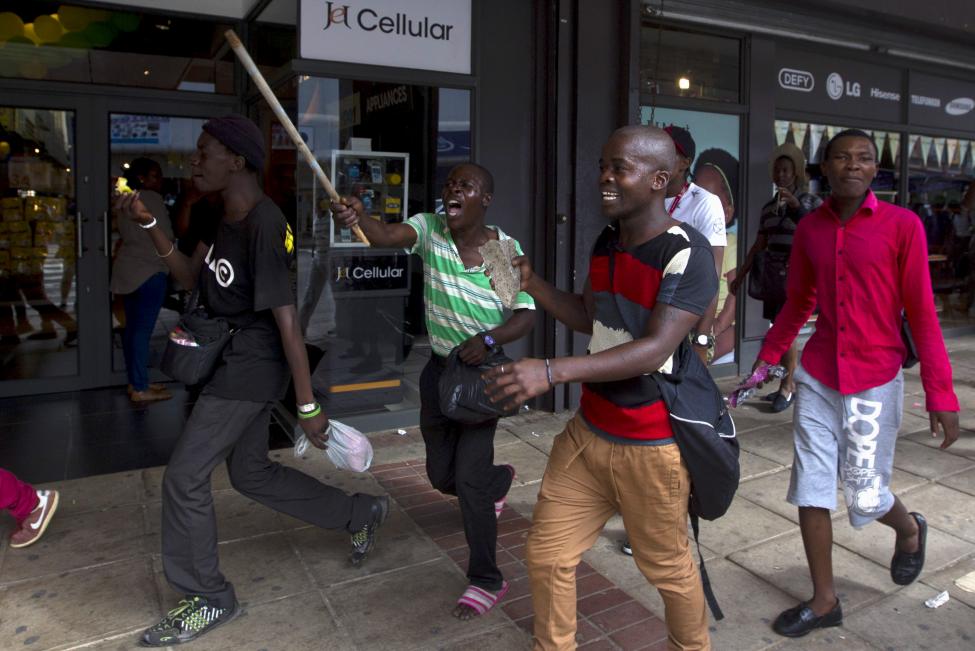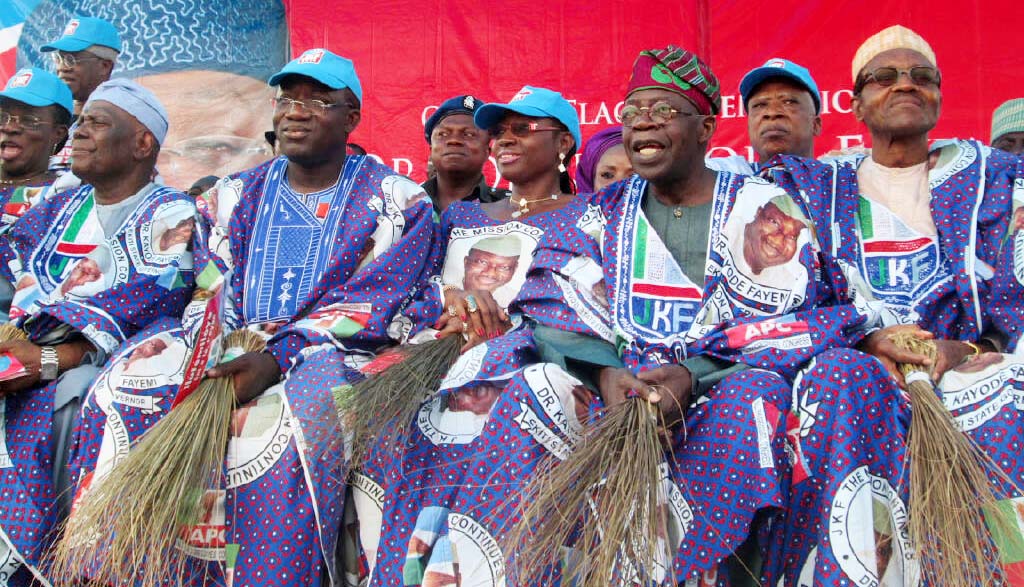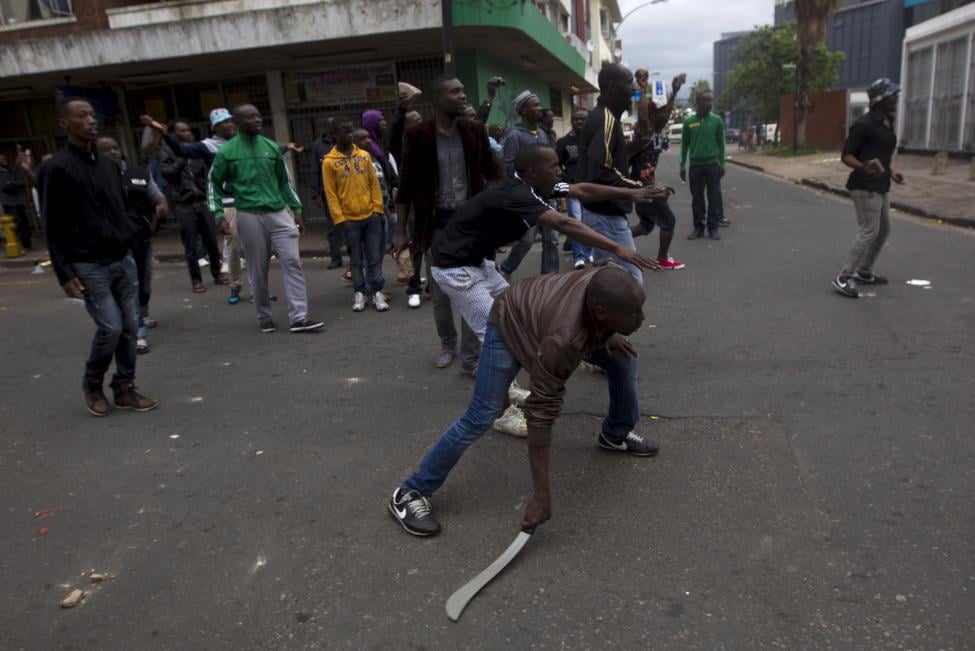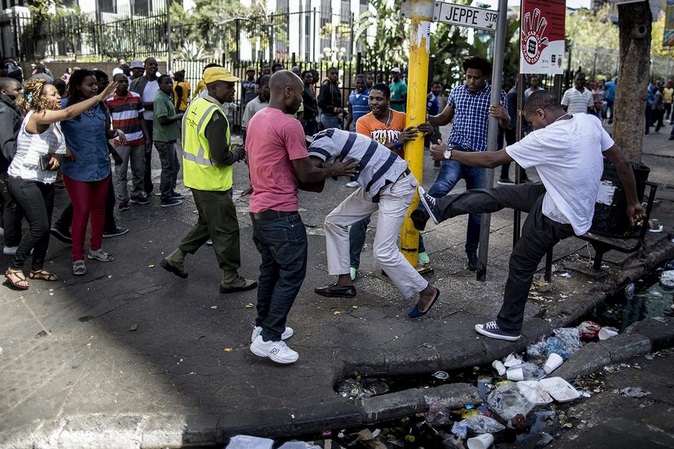Following the escalation of violence against foreign nationals in some part of South Africa earlier this week, all sorts of video commentaries showing the opinions of natives of that country have surfaced on the Internet. One of the good things about these videos is that they expose the mindset of the indigenous people of South Africa and go on to show that not everyone supports the endless and deadly attacks on Nigerians and immigrants from other countries.
One of those videos stands out for me. It shows a man who may be in his 30s expressing his anger about how foreigners from Nigeria, India, Pakistan and other African countries, which have been “messed up by their leaders” have come to take over positions that should belong to the indigenes.
Dismissing all international protocols that may bind South Africa to accommodating immigrants without any apologies, the young man went like: “Nonsense constitution that says everyone has got a right of access to adequate housing to education to medical health, what about South Africans? Must we be number 77,000 behind foreigners who messed up their countries… our children want to go to school but all these positions, houses, jobs are occupied by foreigners, illegal foreigners. For me, whether it is legal or illegal foreigners, it makes no basis, people messed up their own countries and they come here, it should be South Africans first not this nonsense that we are seeing… when are South Africans going to be taken care of first? Nonsense, we can’t live like this! These guys must go back. Sometimes, I wish I were the President, I would take these people back to their countries. If their countries don’t want to take them back, send them to the Kruger National Park, let them deal with nonsense! You can’t have Nigerians running amok selling drugs and doing prostitution and when you ask why these guys are doing this nonsense here, you are termed xenophobic…!”
Of course, the hate in the speech of this young man and the passion with which he conveys it cannot be lost on anyone who sees the video. Not only are his vituperation condemnable, they portend the evils that the continent may have no solution to yet, one that must unsettle the mind of every authentic African leader.
Advertisement
But despite the fury that this audacious post evokes, one should not lose sight of a very important, if not legitimate concern of the subject of the video under discussion. Ruminating over it, it occurred to me that even though there is a hint of nationalistic motivation in this outburst and so many more that are in circulation, the most critical factor behind the verbal and physical attacks is the dearth of opportunities. In this instance, it is the inability of the South African Government to provide enough schools, medical and employment opportunities for its citizens (even President Cyril Ramaphosa attests to this in a campaign video that is now in circulation) that inspires these violent acts regardless of what other misgivings South Africans might have about other countries and their people.
And this reminds me of the position taken by the American multinational conglomerate, General Electric in the Skills White Paper: “Building strong workforces to power Africa’s growth,” a research document it released just before the end of 2015.
Citing this document in an article titled: We kill militants but in vain, published on this page on August 4, 2016, I had written: “The document, quoting the International Monetary Fund, suggests that by 2025, sub-Saharan Africa will be home to 25 per cent of the global population of people aged 24 and younger. It submits that successfully providing jobs for this population “will directly raise per-capita income, due to the resulting decrease in the non-working population.” The document indicated that sub-Saharan Africa could indeed be on its way to be the bride of the world if it prepared to properly harness this demographic advantage.
Advertisement
I further averred: “The document is however generous in its honesty as it gives insights into the flipside of not managing this demographic dividend well” concluding that “…without the requisite investments in skills development along with infrastructure and services, a growing proportion of youths could be left unemployed and with little hope for socio-economic advancement. This could increase social tensions, undermining cohesion and stability.”
I plead to submit that what we saw these past few days is a snapshot of the dangers ahead of this continent unless the leaders rise from their deep slumber. While most African countries do nothing about controlling their populations, they do little to provide appropriate education for their children and gainful employment for their teeming youth populations.
Take the two countries that are immediately involved in the altercation at hand for instance. South Africa, even though the biggest spender on education on the continent, according to UNICEF, has the worst outcomes. This is mostly hinged on the low quality of teacher education.
The situation is as bad as half of South African pupils who have attended school for five years not being able to do basic calculations. In fact, a report on expatica.com indicates that in a 2015 Organisation for Economic Cooperation and Development ranking, which rates countries on the levels of maths and science at the age of 15, revealed that South Africa finished second from bottom, in the 75th place! This country is therefore not providing basic education for its children let alone properly tutoring them on the sacrifices that countries like Nigeria made for their freedom; why foreigners are not necessarily enemies of the country and why nationals of other African countries should be unreservedly welcome in South Africa!
Advertisement
Things are however worse with South Africa’s big brother, Nigeria. Currently, about 13 million children of school age have no placements across the country, and no one is thinking about it. Every year, about one million teenagers aspiring to get into higher institutions of education are unable to get admission because the country lacks the capacity to take them while hundreds of thousands who graduate do not get jobs. The wanton lack of opportunities and social injustice that permeates the Nigerian society is the very reason why so many Nigerians are in South Africa and daily trooping out to countries in the West without a concern from the government.
But it even gets worst. Nigeria has an unhidden disrespect for its people and their lives at home. If Nigeria had taken the lives of its citizen, whose violation has become routine in South Africa and may soon become a possibility in other countries including neighbouring Ghana, the current audacity of South Africa would not have been.
However, that is going too far; the question to ask is how much does a Nigerian life cost even on home soil? A report published by Premiumtimes.com in June 2019 indicated that a total of 25,794 people were killed in various attacks in four years between May 2015 and May 2019! And these killings continue to happen daily in the hands of not just criminals and ethnic mongers but even also agents of state who turn their weapons on the people extrajudicially. Just a couple of weeks back, soldiers opened fire on and killed three policemen who were on legitimate duty in Taraba!
In addition to that, how does Nigeria treat millions of internally displaced persons across the country? Even when multilateral agencies provide supplies for them, there have been instances that government officials pilfered these provisions. How then can a country without respect for its citizens expect other countries to accord them respect?
Advertisement
A snippet of the trouble ahead of Nigeria and Africa is Tuesday evening’s rampage in Lagos where mindless youths swarmed in on shopping complexes in Lagos vandalising businesses clearly owned by fellow Nigerians. Even though they claim to have been protesting the killings of Nigerians, (a mission they have no business embarking on were government alive to its responsibilities) they went on to inflict loses on people who have no connection with those the South African attackers. That is the danger that leadership which is not citizen-driven invites on society. They abandon the people to their fate and the survival instinct of animals takes over those people to the detriment of every other person in society.
So, for the Nigerian government and its counterparts all over Africa, events of the past few days are signals for the need of more concerted efforts not just to actively pursue the integration of Africa, but also to adopt a peer review mechanism that sees that individual national development is a task for all. It is the only way to avoid the dangers ahead.
Advertisement
Twitter: @niranadedokun
Advertisement
Views expressed by contributors are strictly personal and not of TheCable.
Add a comment

